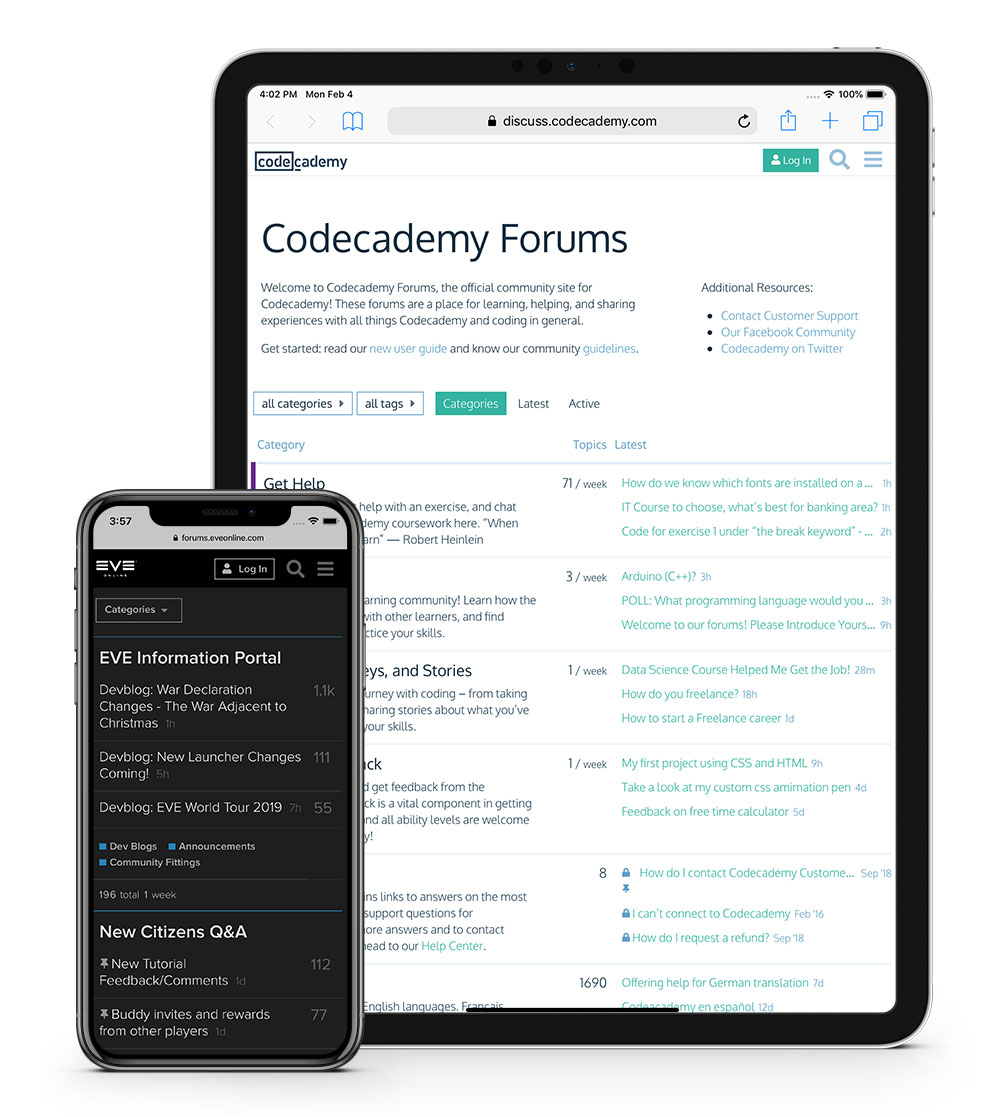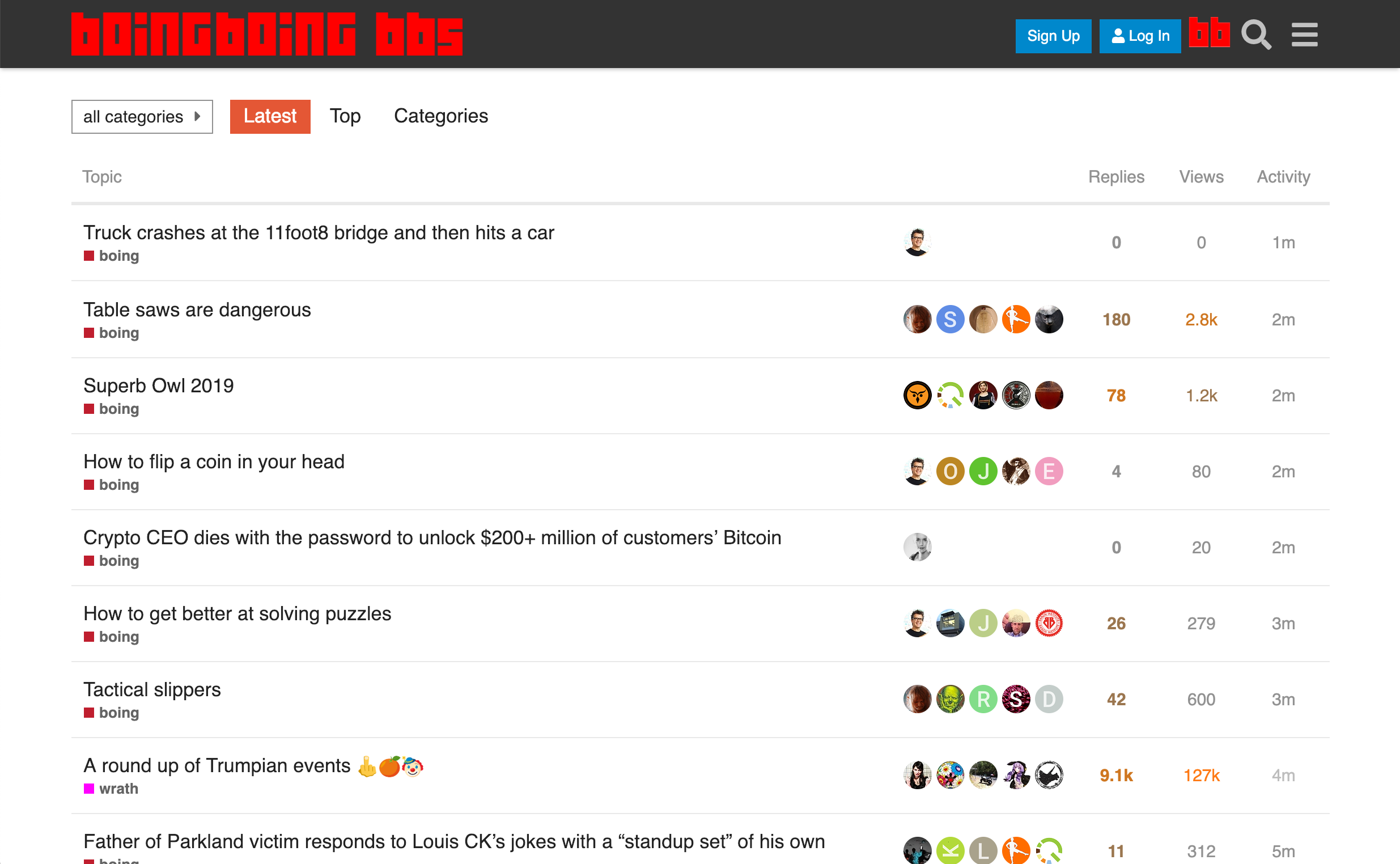This commit introduces rails system tests run with chromedriver, selenium, and headless chrome to our testing toolbox. We use the `webdrivers` gem and `selenium-webdriver` which is what the latest Rails uses so the tests run locally and in CI out of the box. You can use `SELENIUM_VERBOSE_DRIVER_LOGS=1` to show extra verbose logs of what selenium is doing to communicate with the system tests. By default JS logs are verbose so errors from JS are shown when running system tests, you can disable this with `SELENIUM_DISABLE_VERBOSE_JS_LOGS=1` You can use `SELENIUM_HEADLESS=0` to run the system tests inside a chrome browser instead of headless, which can be useful to debug things and see what the spec sees. See note above about `bin/ember-cli` to avoid surprises. I have modified `bin/turbo_rspec` to exclude `spec/system` by default, support for parallel system specs is a little shaky right now and we don't want them slowing down the turbo by default either. ### PageObjects and System Tests To make querying and inspecting parts of the page easier and more reusable inbetween system tests, we are using the concept of [PageObjects](https://www.selenium.dev/documentation/test_practices/encouraged/page_object_models/) in our system tests. A "Page" here is generally corresponds to an overarching ember route, e.g. "Topic" for `/t/324345/some-topic`, and this contains logic for querying components within the topic such as "Posts". I have also split "Modals" into their own entity. Further down the line we may want to explore creating independent "Component" contexts. Capybara DSL should be included in each PageObject class, reference for this can be found at https://rubydoc.info/github/teamcapybara/capybara/master#the-dsl For system tests, since they are so slow, we want to focus on the "happy path" and not do every different possible context and branch check using them. They are meant to be overarching tests that check a number of things are correct using the full stack from JS and ember to rails to ruby and then the database. ### CI Setup Whenever a system spec fails, a screenshot is taken and a build artifact is produced _after the entire CI run is complete_, which can be downloaded from the Actions UI in the repo. Most importantly, a step to build the Ember app using Ember CLI is needed, otherwise the JS assets cannot be found by capybara: ``` - name: Build Ember CLI run: bin/ember-cli --build ``` A new `--build` argument has been added to `bin/ember-cli` for this case, which is not needed locally if you already have the discourse rails server running via `bin/ember-cli -u` since the whole server is built and set up by default. Co-authored-by: David Taylor <david@taylorhq.com> |
||
|---|---|---|
| .devcontainer | ||
| .github | ||
| .vscode-sample | ||
| app | ||
| bin | ||
| config | ||
| db | ||
| docs | ||
| images | ||
| lib | ||
| log | ||
| plugins | ||
| public | ||
| script | ||
| spec | ||
| test | ||
| vendor | ||
| .editorconfig | ||
| .eslintignore | ||
| .eslintrc | ||
| .git-blame-ignore-revs | ||
| .gitattributes | ||
| .gitignore | ||
| .licensed.yml | ||
| .licensee.json | ||
| .npmrc | ||
| .prettierignore | ||
| .prettierrc | ||
| .rspec | ||
| .rspec_parallel | ||
| .rubocop.yml | ||
| .ruby-gemset.sample | ||
| .ruby-version.sample | ||
| .template-lintrc.js | ||
| Brewfile | ||
| config.ru | ||
| CONTRIBUTING.md | ||
| COPYRIGHT.md | ||
| d | ||
| discourse.sublime-project | ||
| Gemfile | ||
| Gemfile.lock | ||
| jsconfig.base.json | ||
| lefthook.yml | ||
| LICENSE.txt | ||
| package.json | ||
| Rakefile | ||
| README.md | ||
| translator.yml | ||
| yarn.lock | ||

Discourse is the 100% open source discussion platform built for the next decade of the Internet. Use it as a:
- mailing list
- discussion forum
- long-form chat room
To learn more about the philosophy and goals of the project, visit discourse.org.
Screenshots

Browse lots more notable Discourse instances.
Development
To get your environment setup, follow the community setup guide for your operating system.
- If you're on macOS, try the macOS development guide.
- If you're on Ubuntu, try the Ubuntu development guide.
- If you're on Windows, try the Windows 10 development guide.
If you're familiar with how Rails works and are comfortable setting up your own environment, you can also try out the Discourse Advanced Developer Guide, which is aimed primarily at Ubuntu and macOS environments.
Before you get started, ensure you have the following minimum versions: Ruby 2.7+, PostgreSQL 13+, Redis 6.2+. If you're having trouble, please see our TROUBLESHOOTING GUIDE first!
Setting up Discourse
If you want to set up a Discourse forum for production use, see our Discourse Install Guide.
If you're looking for business class hosting, see discourse.org/buy.
Requirements
Discourse is built for the next 10 years of the Internet, so our requirements are high.
Discourse supports the latest, stable releases of all major browsers and platforms:
| Browsers | Tablets | Phones |
|---|---|---|
| Apple Safari | iPadOS | iOS |
| Google Chrome | Android | Android |
| Microsoft Edge | ||
| Mozilla Firefox |
Additionally, we aim to support Safari on iOS 12.5+ until January 2023 (Discourse 3.0).
Built With
- Ruby on Rails — Our back end API is a Rails app. It responds to requests RESTfully in JSON.
- Ember.js — Our front end is an Ember.js app that communicates with the Rails API.
- PostgreSQL — Our main data store is in Postgres.
- Redis — We use Redis as a cache and for transient data.
- BrowserStack — We use BrowserStack to test on real devices and browsers.
Plus lots of Ruby Gems, a complete list of which is at /main/Gemfile.
Contributing
Discourse is 100% free and open source. We encourage and support an active, healthy community that
accepts contributions from the public – including you!
Before contributing to Discourse:
- Please read the complete mission statements on discourse.org. Yes we actually believe this stuff; you should too.
- Read and sign the Electronic Discourse Forums Contribution License Agreement.
- Dig into CONTRIBUTING.MD, which covers submitting bugs, requesting new features, preparing your code for a pull request, etc.
- Always strive to collaborate with mutual respect.
- Not sure what to work on? We've got some ideas.
We look forward to seeing your pull requests!
Security
We take security very seriously at Discourse; all our code is 100% open source and peer reviewed. Please read our security guide for an overview of security measures in Discourse, or if you wish to report a security issue.
The Discourse Team
The original Discourse code contributors can be found in AUTHORS.MD. For a complete list of the many individuals that contributed to the design and implementation of Discourse, please refer to the official Discourse blog and GitHub's list of contributors.
Copyright / License
Copyright 2014 - 2022 Civilized Discourse Construction Kit, Inc.
Licensed under the GNU General Public License Version 2.0 (or later);
you may not use this work except in compliance with the License.
You may obtain a copy of the License in the LICENSE file, or at:
https://www.gnu.org/licenses/old-licenses/gpl-2.0.txt
Unless required by applicable law or agreed to in writing, software
distributed under the License is distributed on an "AS IS" BASIS,
WITHOUT WARRANTIES OR CONDITIONS OF ANY KIND, either express or implied.
See the License for the specific language governing permissions and
limitations under the License.
Discourse logo and “Discourse Forum” ®, Civilized Discourse Construction Kit, Inc.
Accessibility
To guide our ongoing effort to build accessible software we follow the W3C’s Web Content Accessibility Guidelines (WCAG). If you'd like to report an accessibility issue that makes it difficult for you to use Discourse, email accessibility@discourse.org. For more information visit discourse.org/accessibility.
Dedication
Discourse is built with love, Internet style.

